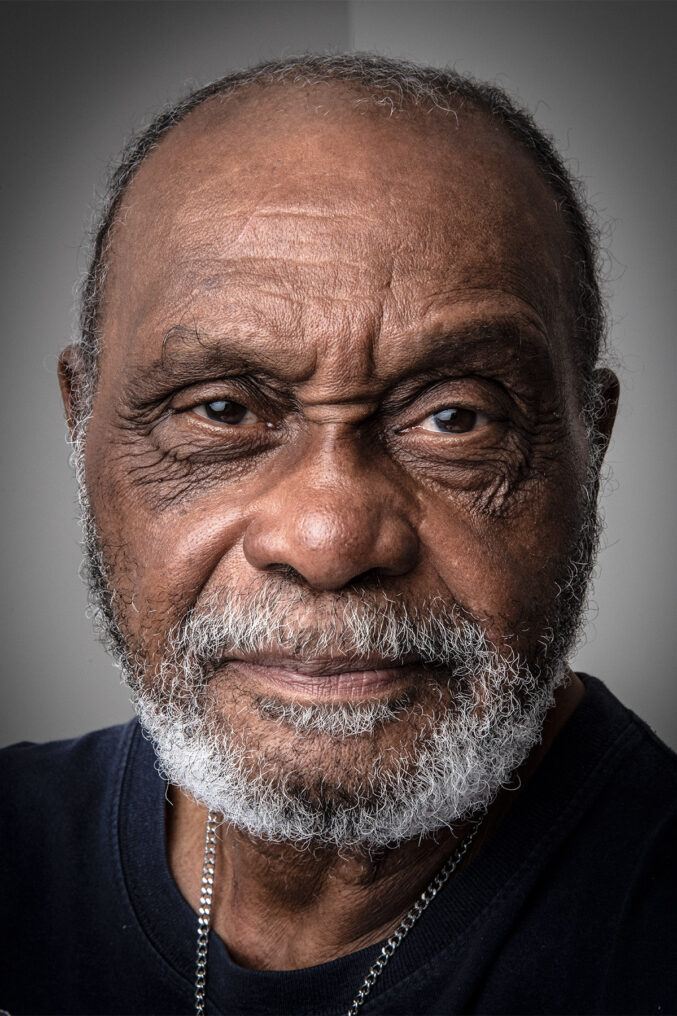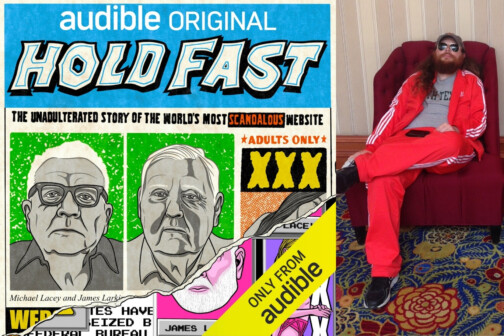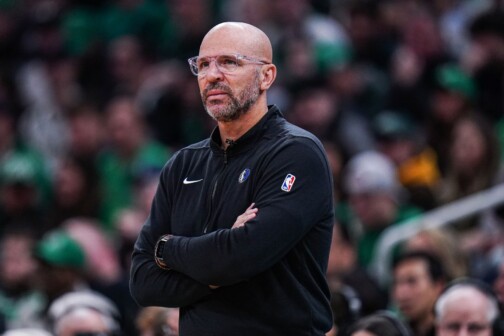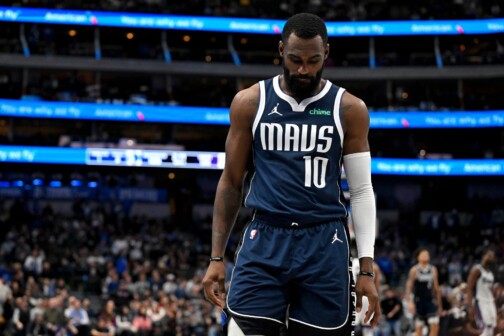How the Rev. Peter Johnson tells it: it’s 1969 and he’s a 23-year-old with big goals and a bigger mouth. He’s known for cursing out racist sheriffs and other authority figures who trammel the rights of others, particularly based on the color of their skin. In the ’60s, that tendency often landed him in jail.
Dallas was a mission. The Southern Christian Leadership Conference—its brand of radical nonviolence was born from the Montgomery, Alabama, bus boycotts—had trained Johnson and others like him as community organizers. Its co-founder, Martin Luther King Jr., had been assassinated in Memphis the year before Johnson landed at Love Field. To help Dr. King’s widow and children financially, the SCLC planned to show a documentary, King: A Filmed Record, in 800 cities around the world.
According to Johnson, 799 cities agreed to show it. Dallas didn’t. Peter took that personally; it was his job to get it on screens here, deputized by civil rights leaders such as Ralph Abernathy (who married Johnson and his wife years later) and Andrew Young. SCLC leadership told him to go to Dallas, get that movie shown, and get back to Atlanta. But the city’s establishment refused to recognize its own racial strife and suppressed the film.
Johnson didn’t want to look like a kid who couldn’t do the job. Dallas had a reputation at the SCLC’s Atlanta headquarters: the Black clergy was in the pockets of the business community, and the police department had active Klan members among its ranks. Johnson’s bosses included a directive: get the movie shown, yes, but don’t get killed.
Years before Johnson came to town, he says, the Black clergy turned away Dr. King at Love Field in the mid-1960s. They proclaimed that Dallas didn’t have the problems seen in so many cities across the country. They didn’t want his message, and, after his murder, they didn’t want to show the film.
We spoke with Johnson last week at his office in Oak Cliff, a few days before he opened an MLK symposium organized by the Dallas Institute for Humanities and Culture at St. Paul United Methodist Church, the oldest Black Methodist congregation in Dallas.
MLK Day is today, Monday, and Johnson is living history. He stayed here because of the homeowners at Fair Park begged him to help as the city was in the process of seizing their homes through eminent domain. (More on that here.)
It took a benefactor—a White business owner—to rent out theaters across Dallas to get King’s movie shown. Johnson did his job, and he stayed to help others despite his orders. He has kept this energy ever since, through activism and education.
Johnson started our EarBurner podcast with these words: “I’m hoping that we can spend some time talking about yesterday and its relationship to today and how we’re going to meet the challenges of tomorrow.”
Martin Luther King Jr.’s impact is felt in people like Peter Johnson, folks who fanned out across the nation and stayed in cities that were not their own to make a difference. Dallas is certainly better for it. The podcast is below.
Get the D Brief Newsletter
Author






